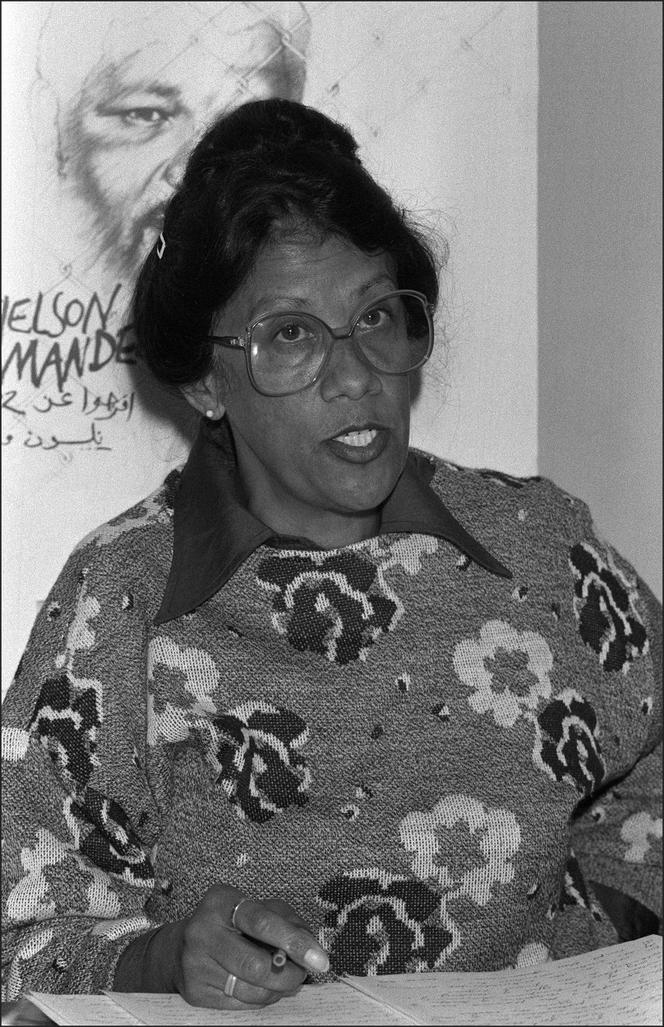


Five bullets to the head, fired point-blank. A .22 caliber pistol fitted with a silencer. And a pool of blood staining the landing on the fourth floor of a Parisian building. On the morning of March 29, 1988, a woman collapsed at 28 Rue des Petites-Ecuries. Dulcie September, 52, was the African National Congress (ANC) representative in the city, the face of the anti-apartheid movement there. She had just put her key in the lock of her office door when the killers struck. It was a professional job.
Thirty-seven years on, her murder remains a mystery. On Tuesday, June 10, the court of appeal rejected the activist family's complaint against the French state for "denial of justice" and "gross negligence." "Impunity seems to have prevailed," said September's family lawyer, Yves Laurin, who criticized what he called a "botched investigation" after her death. In 2019, the family had already tried to have the case reopened by filing a complaint for "apartheid crime," which is not subject to a statute of limitations. That attempt failed as well.
You have 90.64% of this article left to read. The rest is for subscribers only.
